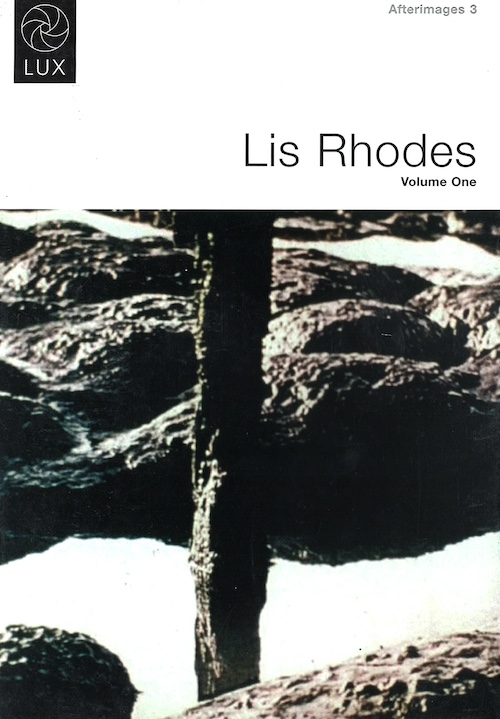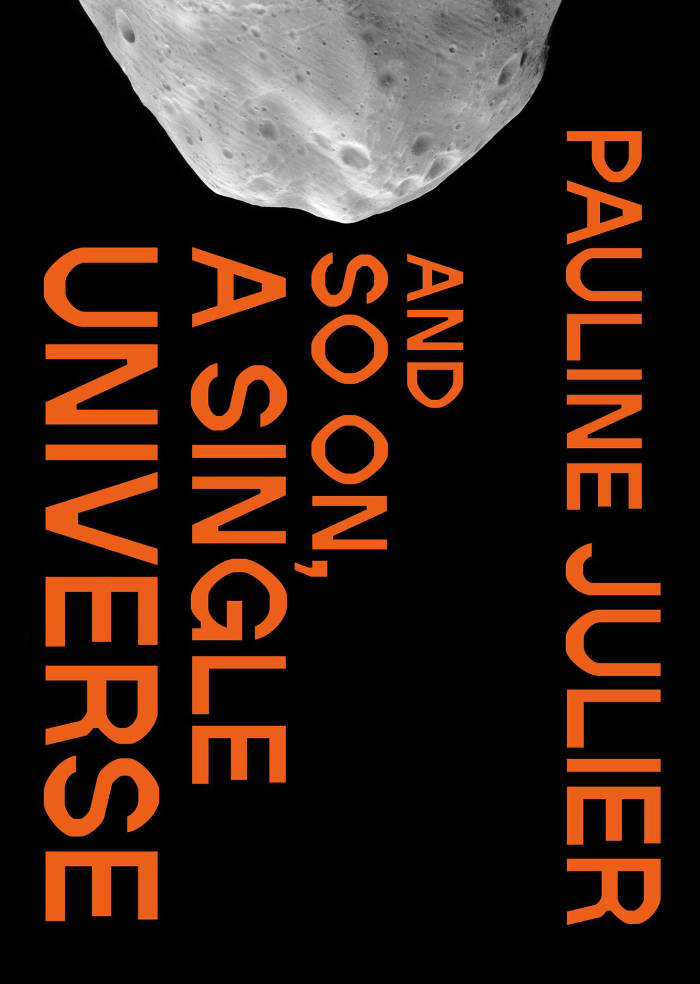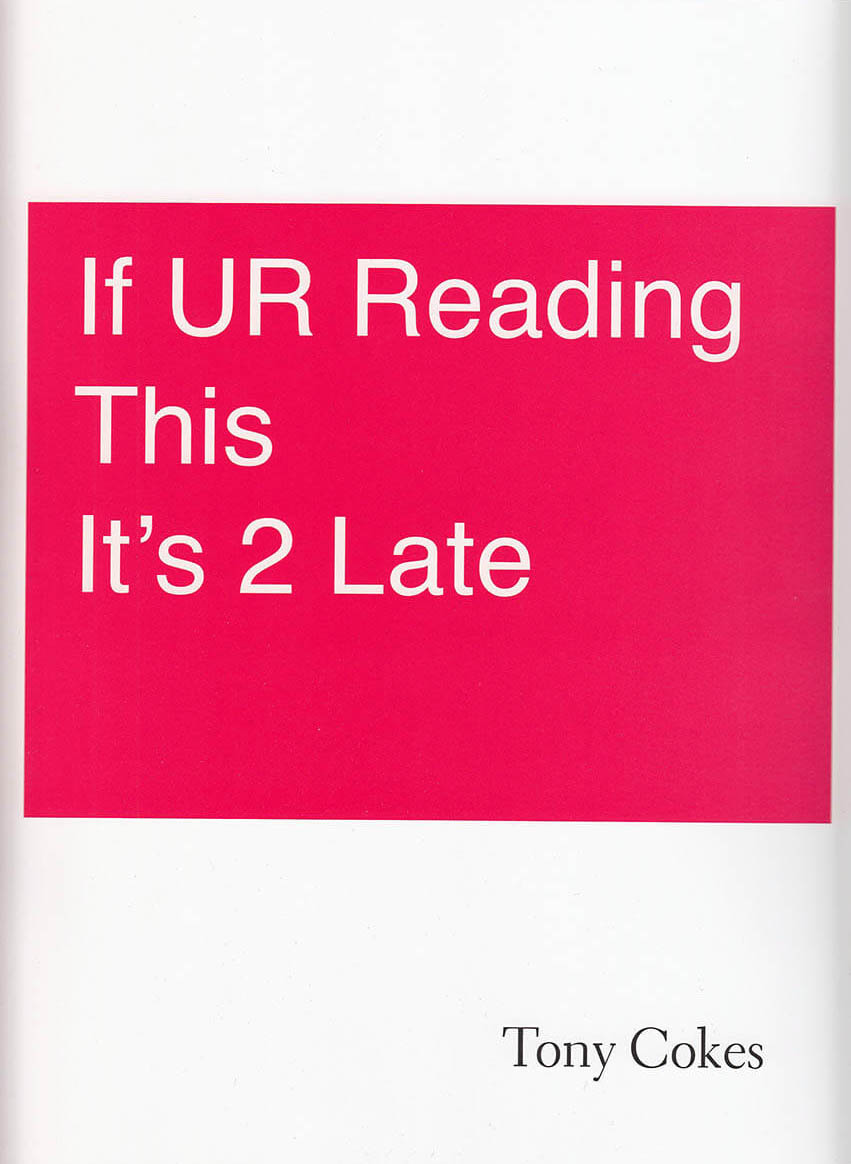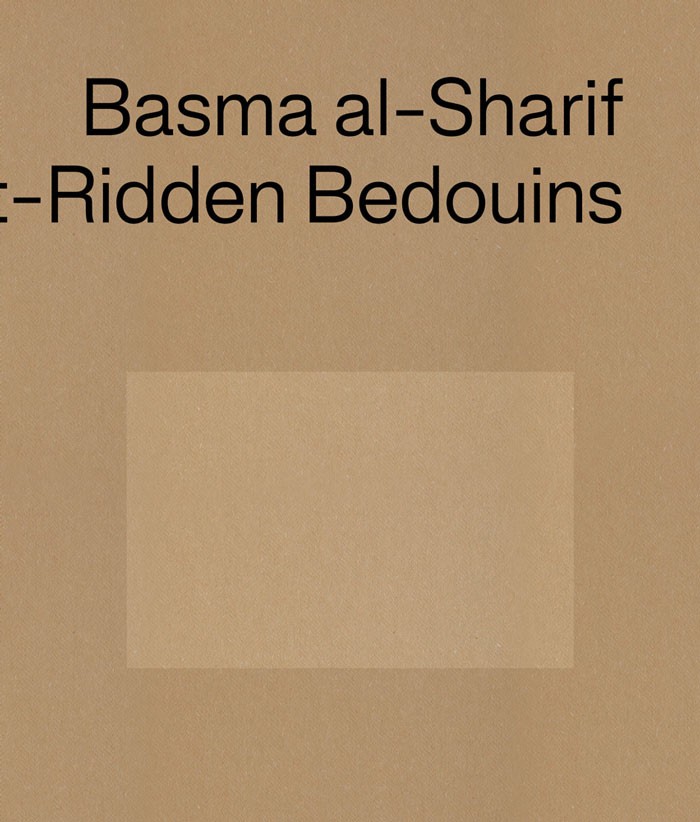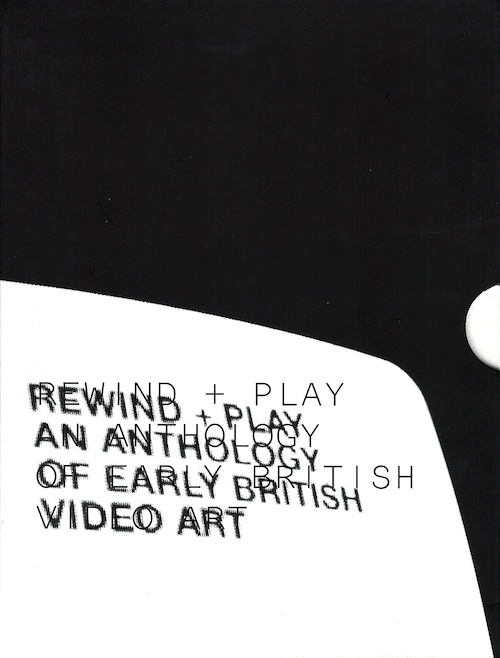
REWIND PLAY: An Anthology of Early British Video Art
REWIND PLAY presents a selection of key works from the first decade of artist's video practice in the UK. From early conceptual experiments exploring the parameters of the medium to works dealing with media culture and television this collection explores the range and diversity of the first years of video as new media.
This three DVD box set including 24 videos by: John Adams, Peter Anderson, Kevin Atherton, Ian Bourn, Ian Breakwell, David Critchley, Peter Donebauer, Catherine Elwes, Judith Goddard, David Hall, Mick Hartney, Brian Hoey/Wendy Brown, Madelon Hooykaas/ Elsa Stansfield, Tina Keane, Tamara Krikorian, Mike Leggett, Stephen Littman, Stuart Marshall, Chris Meigh-Andrews/ Gabrielle Bown, Marcelline Mori, Stephen Partridge, Clive Richardson and Tony Sinden. Plus a new essay by Sean Cubitt, Professor of Media and Communications, University of Melbourne.
Total running time: 336 minutes. 3 x DVD 9, PAL, Region 0
Published in collaboration with REWIND| Artists' Video in the 70s and 80s.
Disc 1:
Stories, John Adams (1982, 13 min) Eyebath Peter Anderson (1977, 8 min) In Two Minds (2 screen version) Kevin Atherton (1978, 25 min) Lenny's Documentary Ian Bourn (1978, 45 min) In the Home Ian Breakwell (1980, 10 min)
Disc 2:
Pieces I Never Did (3 screen version), David Critchley (1979, 31 min) Circling, Peter Donebauer (1975, 12 min) Kensington Gore, Catherine Elwes (1981, 15 min) Time Spent, Judith Goddard (1981, 12 min) TV Interruptions (7 TV Pieces), David Hall (1971, 23 min) State of Division, Mick Hartney (1978, 5 min) The Extent of Three Bells, Steve Hawley (1981, 5 min) Flow, Brian Hoey/Wendy Brown (1977, 17 min)
Disc 3:
Split Seconds, Madelon Hooykaas/ Elsa Stansfield (1979, 11 min) Clapping Songs, Tina Keane (1979, 6 min) Vanitas, Tamara Krikorian (1977, 8 min) The Heart Cycle, Mike Leggett (1973, 9 min) Mirror, Stephen Littman (1979, 5 min) Go thru the Motions, Stuart Marshall (1975, 8 min) Continuum, Chris Meigh Andrews/Gabrielle Bown (1977 5 min) 2nd and 3rd Identity, Marcelline Mori (1978, 10 min) Monitor, Stephen Partridge (1975, 6 min) Video Sketches, Clive Richardson (1972, 22 min) Drift Guitars, Tony Sinden (1975 21 min)
Language: English

